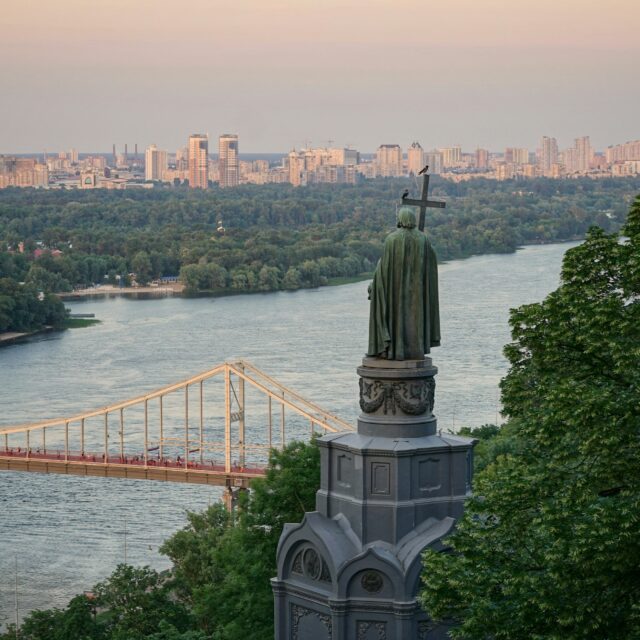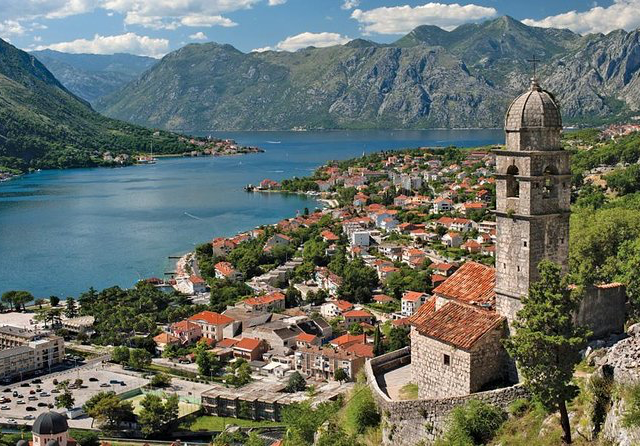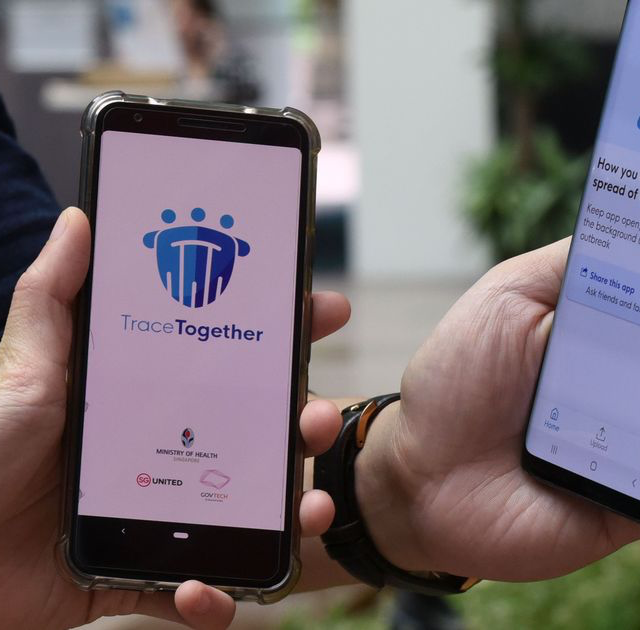By Luiz Eduardo and Pedro Abramovay.
Soldiers can be angels of mercy or weapons of tyranny. In Brazil, in 2016, when Zika virus swept through Brazil, the country deployed 220,000 soldiers to hand out educational material to citizens on how to combat the new virus that was ravaging the country, a strategy that proved effective in mitigating the spread of the disease. Four years later, while Brazil is losing the battle against a more formidable enemy, COVID-19, President Bolsonaro deployed soldiers, not to hand out masks but to threaten protesters who were demanding swift action and adequate protection for the frontline health care workers acting as human shields against the virus.
Moreover, indigenous populations are facing renewed threats. Yanomami’s babies bodies were buried disrespecting indigenous traditions, hydroxychloroquine is being distributed by the military in Roraima State to indigenous populations, and the special health secretary threatens to prosecute indigenous people who denounced the distribution of chloroquine in villages. The Supreme Court judge Gilmar Mendes recently denounced how the military is participating in the genocide of indigenous populations. This is the recent and ongoing crisis here now.
While the country is reeling under increasing COVID-19 related deaths which are predicted to touch 164,000 in early August, the President is busy filling up the government’s ranks with army generals. He replaced his two previous health ministers with an army general to lead the country to battle, even though General Eduardo Pazuello lacks a background in public health or medicine.
The naming of Pazuello as interim health minister, who has, in turn, appointed 9 top brass military officers to posts within the ministry, has led to increased concerns over the militarization of the health ministry.
By February 2019, Bilsonaro had appointed 103 military officers to serve in various civilian posts, as part of his political troop force. Unlike the 2016 Zika outbreak, when soldiers were recruited to follow the lead of public health experts for the common good, now the military follows the lead of a power-hungry president and his self-serving motivations.
The president has also sought, unsuccessfully, to organize a celebration of the anniversary of the 1964 military coup and pressured the Education Ministry and public schools to revise their curricula on the military dictatorship. Further, President Bolsonaro was seen without a mask marching alongside anti-lock down protesters demanding military intervention. Brazil’s increasing militarisation is of grave concern.
In fact, this rapid militarization has led to protests and push backs. There are some positive signs: support for democracy among Brazilians rose to a record 75 per cent this month, according to a new Datafolha poll.
Also, one of Brazil’s leading newspapers, Folha de São Paulo, said systematic attacks from extremists who support President Jair Bolsonaro were putting Brazilian democracy through its greatest “stress test” since the return of civilian rule in 1985. The paper urged its readers to wear yellow in support of democracy, and to reject any return to the country’s dark dictatorship history, reported the Guardian. The publication announced that until Brazil’s next elections it would change the motto on its masthead from “a newspaper at the service of Brazil” to “a newspaper at the service of democracy.”
The Authors:-
Luiz Eduardo is an award-winning author, anthropologist, expert in social politics and a philosopher.
Pedro Abramovay is director of the Latin America Programme and regional director of Latin America & the Caribbean at the Open Society Foundations.




